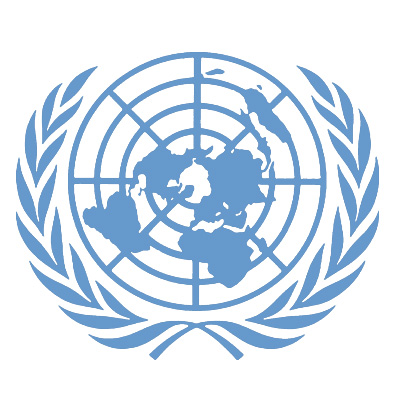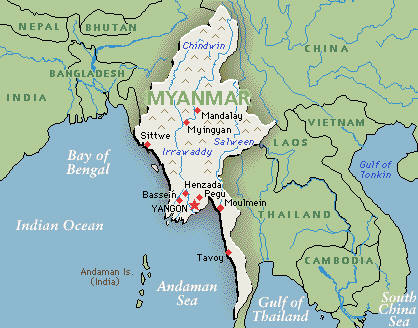 “Burma sent a large delegation to the review, who claimed to have achieved a number of human right successes,” says Dr Agnes Callamard, human rights organisation’s Article 19 Executive Director. “But the presence of an even larger group of Burmese civil society representatives, coupled with widespread condemnation of the country’s human rights violations conveyed the severity of the human rights situation.”
“Burma sent a large delegation to the review, who claimed to have achieved a number of human right successes,” says Dr Agnes Callamard, human rights organisation’s Article 19 Executive Director. “But the presence of an even larger group of Burmese civil society representatives, coupled with widespread condemnation of the country’s human rights violations conveyed the severity of the human rights situation.”
Violations of human rights
Countries including the Czech Republic, Denmark, Franch, Indonesia, Italy, Japan, Maldives, Norway, Slovenia, Switzerland and the United States of America raised concerns about the systematic violation of a number of basic human rights, including freedom of expression, freedom of information and freedom of assembly and association.
Norway specifically called for the abolition of the Press Scrutiny Board and the Broadcasting Censorship Board, both of which are mandated to approve all media content. Article 19 raised these concerns in its submission to the UN UPR of Burma in August 2010 and in meetings with delegations since.
UN Human Rights Council country delegations – apart from the Republic of India and the People’s Republic of China who remained effectively silent on human rights violation during the review – called on the Burmese government to immediately ratify and implement the International Covenant for Civil and Political Rights as well as other international human rights instruments relating to refugees, racial discrimination, enforced disappearance, child labour, child soldiers.
Urged to release other political prisoners
Although the release of Aung San Suu Kyi (right) was welcomed, many countries called for the release of all 2,100 political prisoners.
countries called for the release of all 2,100 political prisoners.
The Czech Republic delegation was the first to highlight the Burmese government’s lack of engagement in the UPR process. Several other delegations also expressed disappointment that the government failed to answer any questions previously submitted by member states.
US ambassador Eileen Donahoe warned of “ongoing, systematic violations of human rights”. The Kingdom of Sweden in a statement said that “The human rights situation in Myanmar is alarming”. the People´s Republic of China, however, gave its support to the neighboring country.
Many neighbouring countries and key members of the Association of South East Asian Nations (ASEAN) signalled that they also wanted more progress on democratisation and avoided acknowledging the elections.
Violations – “unverifiable”?
During the review, the Burmese government stated that it undertook its own investigation into alleged human rights violations, raised by the UN Special Rapporteurs and other international actors, and found them to be “unverifiable and turned out to be false.”
They added that “in practice, we have very well trained judges [in human rights] and the media is allowed to sit in the court. Judges are trained to be fair and impartial … it is little known to the world that  many of our laws are the same as international human rights instruments.”
many of our laws are the same as international human rights instruments.”
Human Rights Watch described the half-day debate as an opportunity to “put one of the most brutal and intransigent authoritarian systems in the world under the spotlight.”
Background
The Universal Periodic Review (UPR) was established in 2006 as a way for the UN Human Rights Council, a set of country delegations elected to represent each region worldwide, to review the human rights situation in every state that is a member of the UN. UPR operates in a four-year cycle. On 27 January it was Burma’s turn.
Contacts
For more information please contact: Oliver Spencer, Advocacy Officer, ARTICLE 19, at oliver@article19.org or +44 207 324 2500.
Related articles:
EU should endorse international war crimes inquiry in Burma
– Sanctions against Burma must be more effective
Burma: elections without free expression
Burma: cyber attacks against independent news websites





